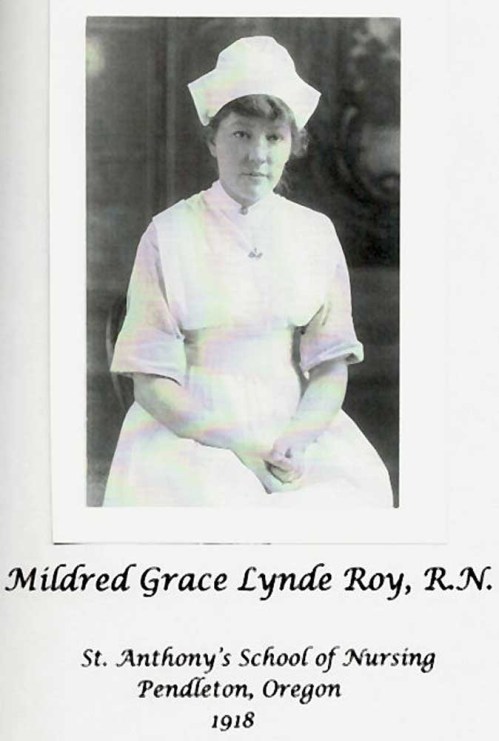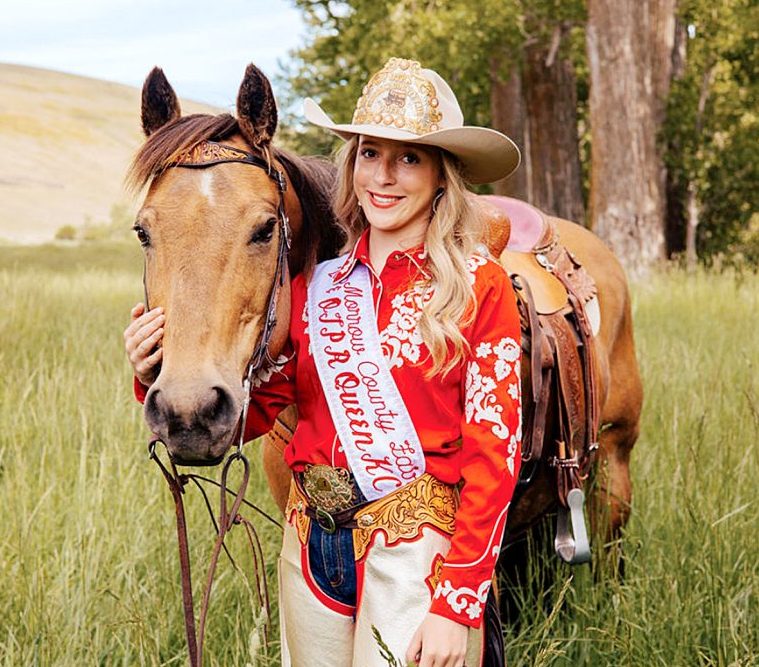Letter | 1918 pandemic was no picnic for nurses, either
Published 5:00 am Tuesday, May 26, 2020

- Mildred Lynde Roy was a nursing student at St. Anthony Hospital during the 1918 flu pandemic.
I recently read an article from the East Oregonian by Brigit Farley describing the effects of the 1918 pandemic on Pendletonians. My mother, Mildred Lynde Roy, was in nurse’s training at St. Anthony Hospital at that time, and wrote the following poem:
“We are having a little excitement at the hospital this week.
Trending
The telephone wears a gauze mask and the halls of brimstone reek.
We’ve patients in every corner still we are rushing madly around
To find room for another when there’s no room to be found.
We mustn’t talk, we mustn’t laugh, we mustn’t cough or sneeze,
For if we do we’ll spread the flu! You know, that dread disease!
We wash our hands in phenol, bicholoride of mercury, too;
Trending
We gargle our throats in chloride of lime that’s what we have to do.
Then we wash the floor with Lysol, and we sterilize the food,
We have inoculated the dumbwaiter and we even boil the wood!
So if you crave excitement and it’s the flu you dread,
Come right up to the hospital — but bring your own room and bed!”
— Mildred Lynde, 1918
At her age, she was probably a bit more light-hearted than an older nurse might have been.
Although the photo identifies her as Mildred Roy, in 1918 she was still Mildred Lynde, as she and my father, Marvin L. Roy, were not married until 1920. He always said that asking permission from the nuns at St. Anthony to allow him to date my mother was one of the scariest things he ever did.
Most of my family’s history took place in Pendleton (my mother’s uncle, Lee Drake, was one of the early publishers of the East Oregonian and a founder of the Pendleton Round-Up), and my sisters and I all grew up and graduated from school in Pendleton with many fond memories.
Dr. Janet R. Norby
Spokane, Washington









